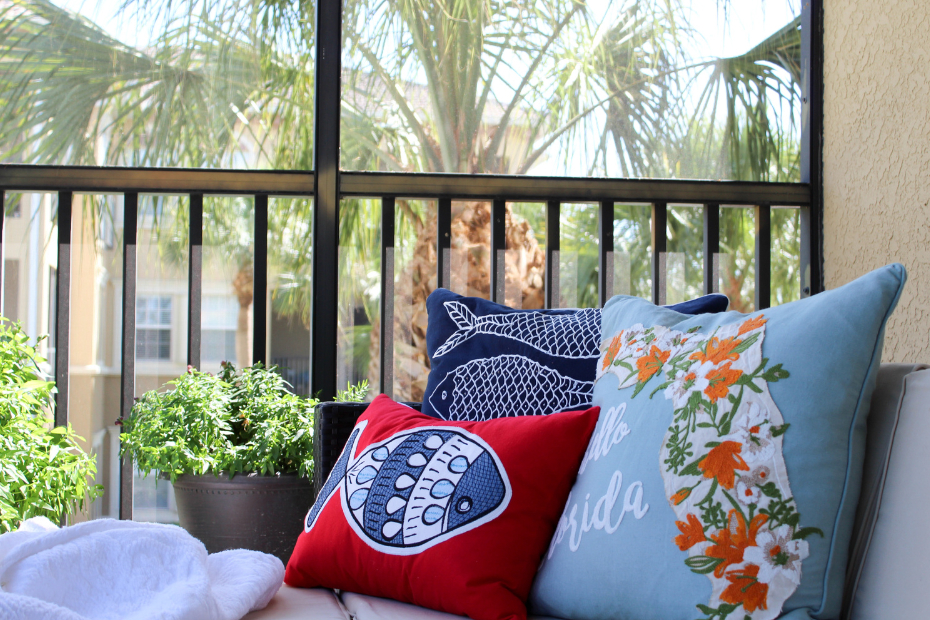Published July 13, 2023 • 4 Min Read
Dreaming of a vacation home? Whether it’s a summer retreat by the lake, a ski chalet for winter months or a destination property in another country, there are several considerations to remember.
1. Where do I want to buy?
Location is one of the top factors to consider when buying a vacation property. Are you looking for something a short drive away that’s easy to access on the highway? Perhaps your heart is set on something more remote and off the grid. Do you want to be on the water? Or are mountain trails a priority? What about a more tropical destination that can be a haven during Canadian winters? Figuring out where you want to buy is one of the first and most important steps as you consider your vacation home purchase.
2. How much is it going to cost?
As you scroll through realty websites searching for the perfect vacation property that falls within your budget, don’t forget to consider the additional costs and fees that will come with ongoing ownership — including property taxes, utilities, insurance, condo fees and maintenance. A general rule of thumb is that these costs could add 2 – 4% of the home’s purchase price, but this will, of course, vary based on the property’s type, age and size.
Another factor to keep in the back of your mind is the capital gains tax you will incur when you sell the property. In Canada, if you sell your second property for more than you purchased it for, you must pay capital gains tax on the amount of the value increase at a rate of 50%. For instance, if you purchased a cottage for $500,000 and sold it three years later for $750,000, 50% of that $250,000 difference is taxable (so $125,000), as long as it’s still your vacation property and not your principal residence. Capital gains are taxed as part of your income on your personal tax return, so the specific amount you pay will be calculated when you file your taxes for that tax year.
3. How will I use my vacation home?
Is your property going to be a weekend retreat or a place you visit a couple of times a year? Do you plan to host extended family gatherings there regularly, or will it be a quiet getaway for you and your spouse? Do you plan to work remotely from your vacation home? Understanding how you intend to use your property can help you determine the size and type of home best for you.
4. How will my second property suit my lifestyle?
If you’re a busy professional with limited weekend time, you may not want your vacation property to be an ongoing DIY project that leaves little time for relaxation. If you have young kids and a large family, you may want a home that has room to grow with you. If you’re winding down your career, your vacation home may eventually become your retirement residence. Considering your current and (near) future lifestyle can help you narrow down your choice of home.
5. But what about my love of travel?
If regularly travelling someplace new is your priority — and you think owning a second home might get in the way of your globetrotting adventures — you may want to carefully consider whether buying a vacation property is right for you. What could be an idyllic getaway for families who prefer staying close to home could feel constraining to someone who loves taking trips and seeing new places. If you’re still sold on a second property, perhaps consider a place that doesn’t require consistent maintenance (i.e., a condo apartment or townhouse) or whether you’re comfortable renting it out to others to offset the costs.
A vacation home may be a great investment to help give you years of wonderful memories. Asking yourself these important questions can help you determine whether buying is the right move for you, and if so, to help you decide on the location, type and size of home that will best suit your budget and lifestyle.
This article is intended as general information only and is not to be relied upon as constituting legal, financial or other professional advice. A professional advisor should be consulted regarding your specific situation. Information presented is believed to be factual and up-to-date but we do not guarantee its accuracy and it should not be regarded as a complete analysis of the subjects discussed. All expressions of opinion reflect the judgment of the authors as of the date of publication and are subject to change. No endorsement of any third parties or their advice, opinions, information, products or services is expressly given or implied by Royal Bank of Canada or any of its affiliates.
Share This Article






